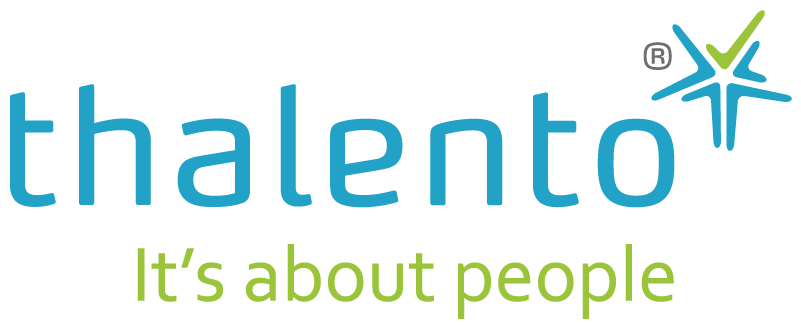Is the time right for predictive hiring?
Interview with our CEO & Founder Ben Greeven in trendbaHRometer 2021 (geneHRations), a whitepaper to gain insights in the HR Tech trends for 2021. Want to read it? Just download the free whitepaper (in Dutch) via the link.
Is the time right for predictive hiring?
Assessments have been an important recruitment tool for many years. Digitisation has also made an appearance in this world. What’s more, with AI and Machine Learning you can perfectly start with predictive hiring. The technology is ready. But: Are companies ready? And the applicant?
With predictive hiring we try to remove the subjectivity or gut feeling. Everyone knows the job interview or evaluation interview. You get a biased interviewer, the person has to answer on the spot, often to situational questions, and also has to indicate what they want to do in a job they don't yet know. Chances are that it will be a mismatch. With predictive hiring, that is taken away by linking behavioural profiles to available data through technology. Machine Learning (ML) and AI is, as it were, an objectification of the data. ML recognises a pattern that corresponds to what the ideal employee is for a particular position.
One of the advantages is that it is faster. To give an example: in 2008, we had an assessment at a company that buys credit card debts and then calls the debtors, via call centre agents, to remind them to pay. They had a turnover of 60%, while 40% was the 'norm'. After months of labour-intensive research, we found the cause. Today, 12 years later, we did a similar exercise with data analytics and ML. Of course, we had a much faster result.
"Everyone has their own individuality. Thanks to people analytics you know if the job fits the person and vice versa if the person fits the job". -Ben Greeven
You can also apply this to groups with many similar functions. 70% of the functions you encounter can be brought back to measurable parameters. People analytics only works well if you use a good measuring instrument for the assessments and if you work with objective data. This is of the utmost importance in order to determine the ideal profile and to compare people with it in assessments.
Missed the new Messi
One comment we sometimes hear is that you then get the same type of employee. But with predictive hiring you get the desired profile based on performance data. The tool makes no distinction according to language, gender, age or between internal or external employees. So that is already very diverse. What's more, as a company you can indicate which mix you want: for example 70% of people who exactly meet the profile and the remaining 30% may deviate from it (slightly above or below the norm).
In that case, as a company, you also have to ask yourself the question: do you - in the case of a call centre - want all call agents to treat customers in the same way? I don’t need to think long about the answer.
Also a frequently heard remark: 'Yes, but you run the risk of missing out on talents'. That is not a risk at all. Suppose you're looking for a goalkeeper, but a new Messi emerges from the test. While you already have a Messi on your team. Are you going to put the new Messi in the goal? Of course not, but you can find a solution to keep the second Messi on board. Thalento® can discover the talent and indicate that it is very exceptional. Conversely, of course, even if someone does not reach the set standard or does not yield enough return: then we can only indicate that.
"You look for a goalkeeper and you find a Messi. Are you going to put him in the goal?" -Ben Greeven
What are we waiting for?
The task of getting started via predictive hiring on the basis of data obtained lies with the companies. Yet companies still see people analytics too much as a profitability exercise. However, that's short-term thinking and in my opinion a bad approach.
Do they dare to share the data in a transparent way? Do they dare say to an applicant: ‘You could easily fill this position, but you are overqualified. As a result, there is a good chance that you will quickly quit’. The technology allows all this and it is perfect to find out what type of employee someone is; entrepreneurial, more administrative or a manager. Yet we still do that far too little in the business world. I only see a breakthrough when we are more transparent with data to employees.
Meanwhile, the whole process of recruiting people and training them internally is expensive. So what are we still waiting for in order to take a more efficient path via objective data and predictive hiring?



